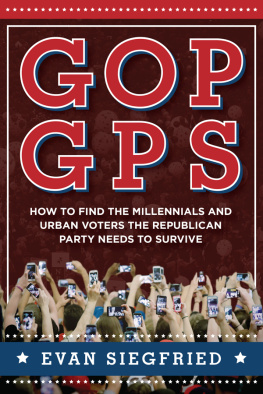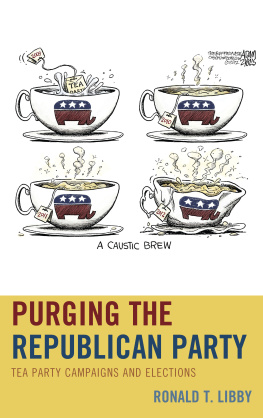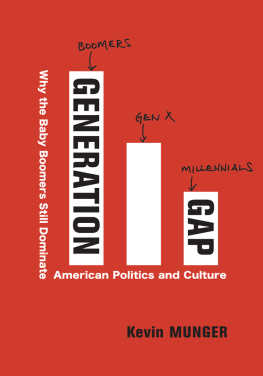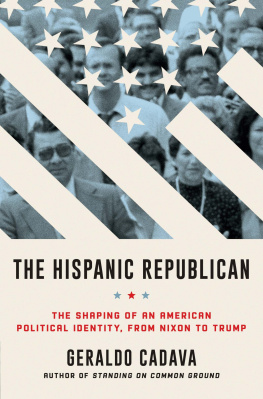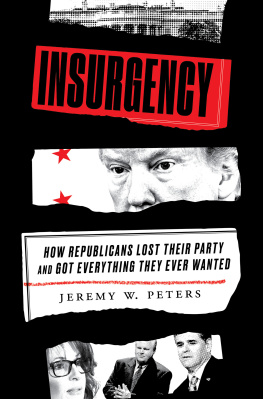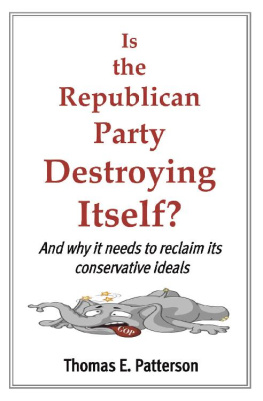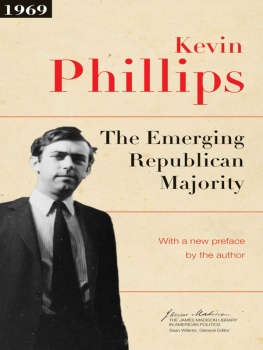Copyright 2016 by Evan Siegfried
All rights reserved. No part of this book may be reproduced in any manner without the express written consent of the publisher, except in the case of brief excerpts in critical reviews or articles. All inquiries should be addressed to Skyhorse Publishing, 307 West 36th Street, 11th Floor, New York, NY 10018.
Skyhorse Publishing books may be purchased in bulk at special discounts for sales promotion, corporate gifts, fund-raising, or educational purposes. Special editions can also be created to specifications. For details, contact the Special Sales Department, Skyhorse Publishing, 307 West 36th Street, 11th Floor, New York, NY 10018 or .
Skyhorse and Skyhorse Publishing are registered trademarks of Skyhorse Publishing, Inc., a Delaware corporation.
Visit our website at www.skyhorsepublishing.com.
10 9 8 7 6 5 4 3 2 1
Library of Congress Cataloging-in-Publication Data is available on file.
Cover design by Rain Saukas
Cover photo credit: AP Images
Print ISBN: 978-1-5107-1732-9
Ebook ISBN: 978-1-5107-1733-6
Printed in the United States of America
For my parents.
Contents

Foreword

NEW AMERICANS
By Robert A. George
April 19, 2016, 11:00 p.m.: Having just finished doing a recap of the Democratic and Republican presidential primaries on New Yorks twenty-four-hour news station, I stepped into the car waiting for me outside. Settling in, I noticed that the driver was also listening to the results on the radio: both Donald Trump and Hillary Clinton had won their respective primaries fairly easily. I buckled up. Starting up the car, he turned off the radio. I said, Oh, its OK. You can leave the radio on.
He said that he just wanted to keep an eye on the primary results while he was waiting for me. It turned out that he closely followed politics. Earlier that day he had gone out and voted for Hillary Clinton. He lived in Valley Stream, Long Island.
Detecting an accent I asked him where he was from. Where had he grown up? Pakistan. His name? Khan. I asked him how long he had been living in the United States. Twenty-seven years. I told him that I had been born in Trinidad and partly grew up in England. At this point, we immediately bonded over cricketa sport popular in all three countries.
The conversation drifted back to politics. Khan made an observation that I had encountered only too frequently in recent months: It seems the Republicans dont like the immigrants. I said, its a bit more complicated than that. Of course, trying for nuance in the era of Trump is a fools errand.
Khan said, Last time around, obviously referring to 2012, Mr. Romney was a very good businessman. He was doing very well, then he started attacking immigrants and he lost support. In fairness, Khans memory wasnt perfect: back in 2012, Mitt Romney (despite what some Republicans would like to remember) trailed President Obama for most of the campaign. If there was a point when the effort turned fatal, it was most likely after the infamous 47 percent tape was released.
That said, Khan made an important point. For an immigrant like him, the piercing memory of the 2012 presidential election was that the standard-bearer for the Republican Party had endorsed the notion of self-deportation to deal with the immigration problem.
It mattered little that Romney was specifically talking about illegal immigration. It mattered little that he was talking about what to do with undocumented immigrants entering via the Southern border.
In the context of the contemporary media environment, the message relayed was, Mitt Romney hates immigrants. And it was a message that had disastrous impact: As poorly as the Romney-Ryan ticket did with Hispanic voters (27%), it did even worse with Asians (26%)a group of which my driver was a proud member.
The Romney results showed quite clearly that, despite very different profiles, Asian and Hispanic immigrants were hearing the same thing from the Republican Party in 2012: you are not welcome.
And, if Khan was any indication, that message was resounding even more broadly in 2016. And why wouldnt it? The GOPs apparent frontrunner, Donald Trump, debuted his campaign with a broadside denouncing illegal immigrants from Mexico. Months later, in the face of terrorist attacks in Europe and California, he doubled down by calling for a general ban on Muslim immigrants until we can figure out whats going on.
Using the 2012 example, one could only speculate how many other groupswhether explicitly mentioned by Trump or notwill hear the youre not welcome message and vote accordingly.
Hasnt the GOP been here before? Wasnt there a much-ballyhooed autopsy following the 2012? Yes and yes. RNC Chairman Reince Priebus released a full report after 2012with recommendations that included the party getting its immigration act together. And the reward for that was the whole enterprise blowing up in the partys face. Senator Marco Rubio took the lead on a bipartisan bill in the Senate. The comprehensive bill became anathema to the GOP base and never went anywhere in the Tea Partydominated House of Representatives. Worse, Rubios role helped drag down his presidential aspirations.
So, four years later, the GOP is arguably in even worse shape.
Two weeks after Khan and I had that fascinating conversation, the Republican Party presidential nomination process came to an abrupt and screeching halt: the Indiana primary confirmed what the prior New York and Acela (Northeastern) contests implied: It was Donald Trumps Republican Party and Donald and Hillarys political world. For manyespecially on the GOP sidethese are nothing but depressing prospects.
But all is not lost. To the contrary, one could argue that the presumptive Donald/Hillary nominations are the last gasps of a culture war that has raged for decades. At sixty-eight and seventy, Clinton and Trump would be the oldest combined-age presidential candidatesever. They will also most likely be the last baby boomers to lead their parties (please, let it be).
In 2016, Trump and Clinton are barely candidates. Rather, they are avatars of their respective side of the culture warTrump, the fire-breathing, unapologetic white alpha male; Clinton, the ascendant identity-conscious Social Justice-Warrior. As representatives of the dominant cultural generation for five decades and the political one for two-and-a-half, these boomers limp to a last presidential election absent ideasfull of sound and fury, signifying what exactly?
It may turn out that the long-term change is better coming from an outsideran unelected observerthan from current party leaders, elected or otherwise.
Which is why Evan Siegfrieds message comes along at the ideal time.
Seriously? What can a thirty-something white guy say to the Republican Party that it hasnt heard before?
Well, in truth, regardless of what happens in 2016, the Republican Partyloser of the popular vote in five of the last six presidential electionsneeds a new message for the twenty-first century. Yes, lightning could strike and the GOP could capture the White House (though, as of late spring that seems unlikely). However, its been an unpredictable election cycle: Hillary Clinton could face legal problems; the economy could take a downturn, which would give Trumps dour anti-immigrant, anti-free trade, message a general election resonance.

